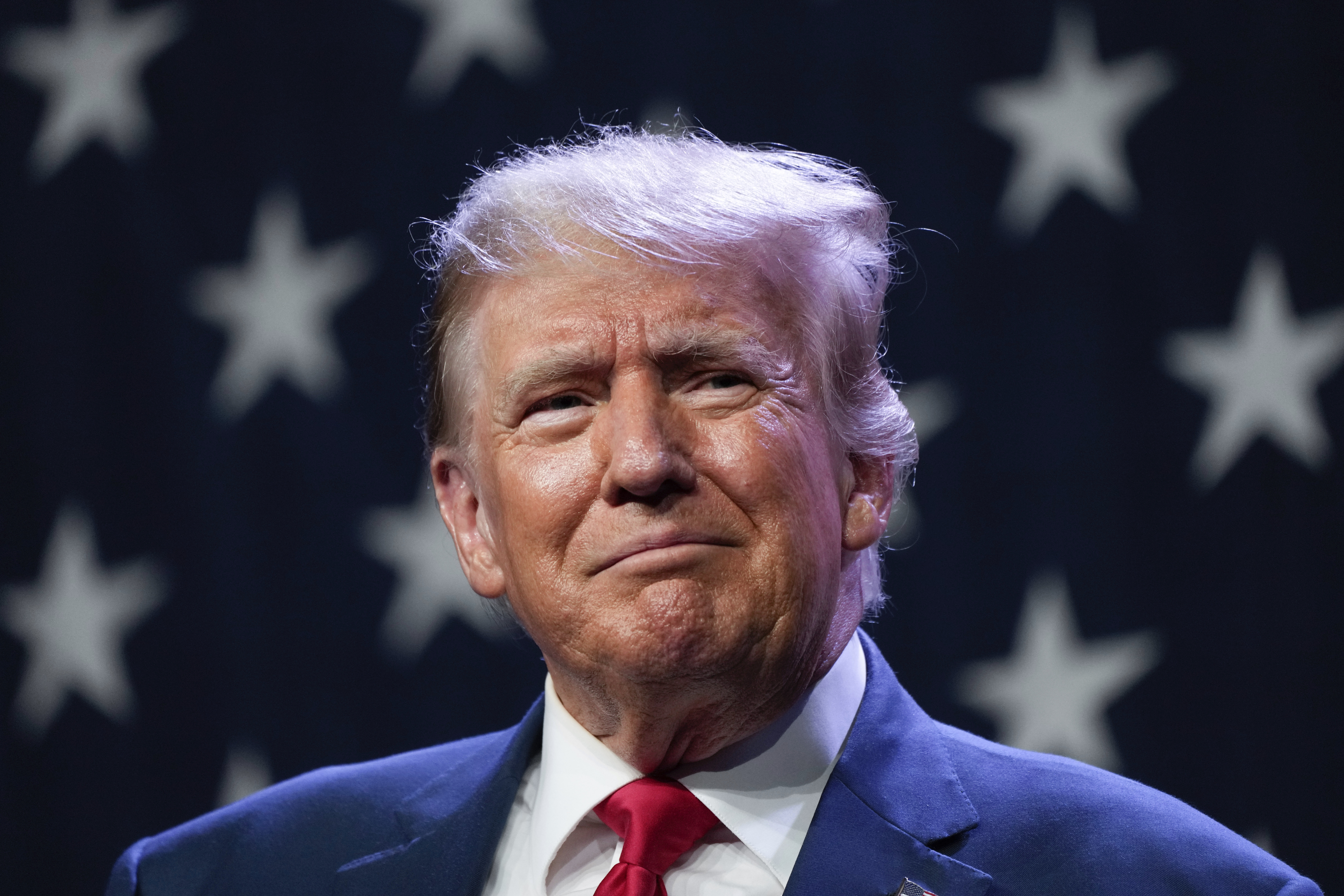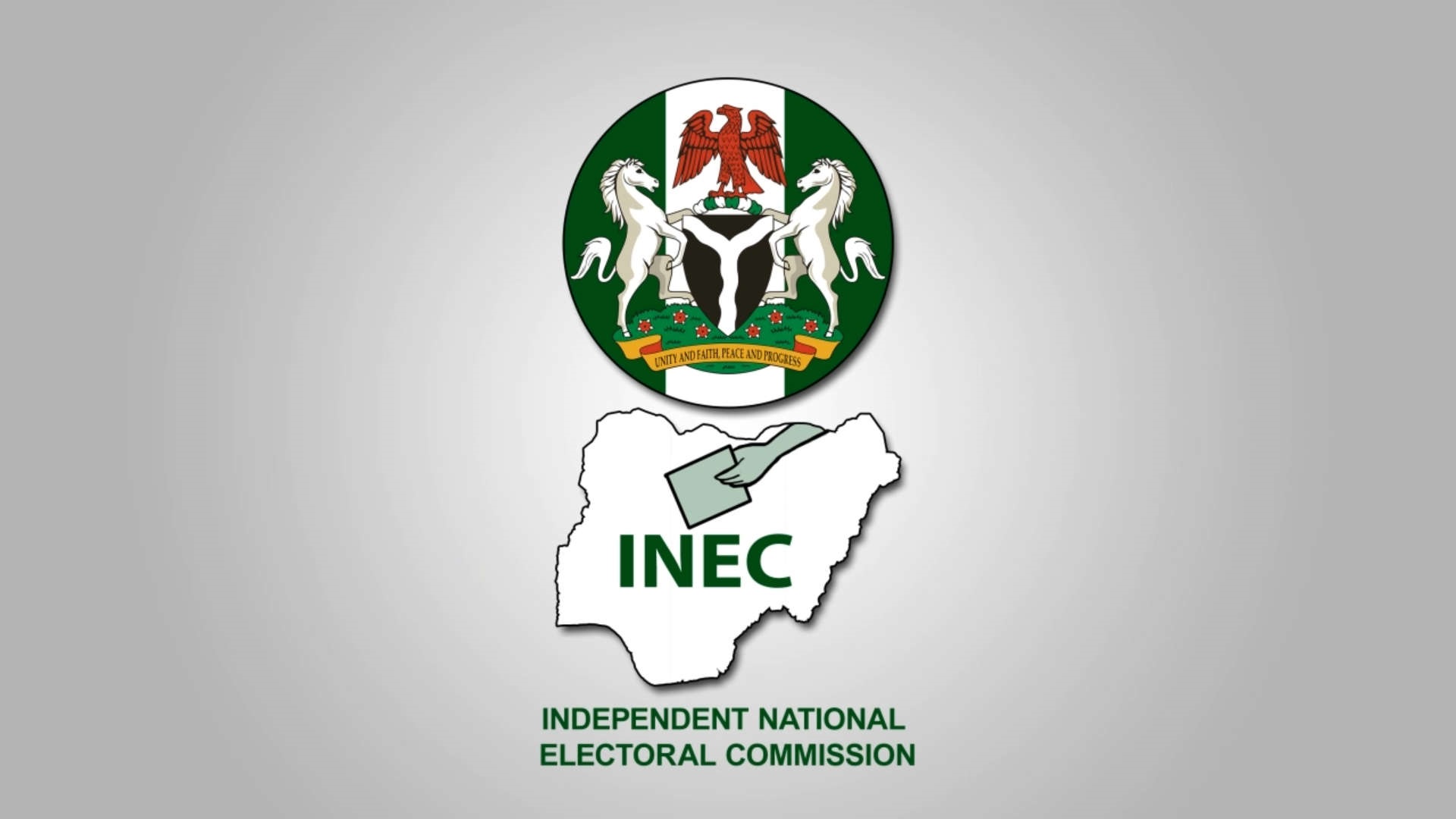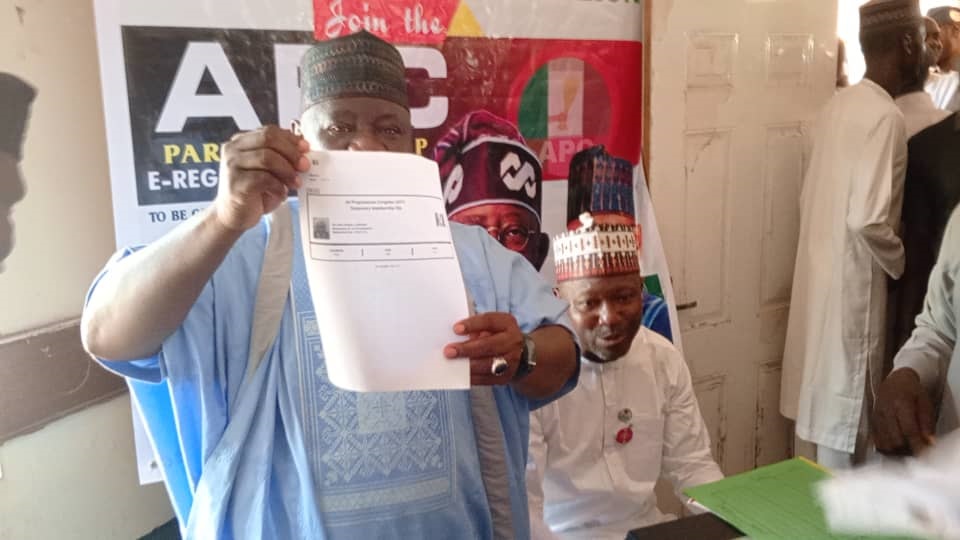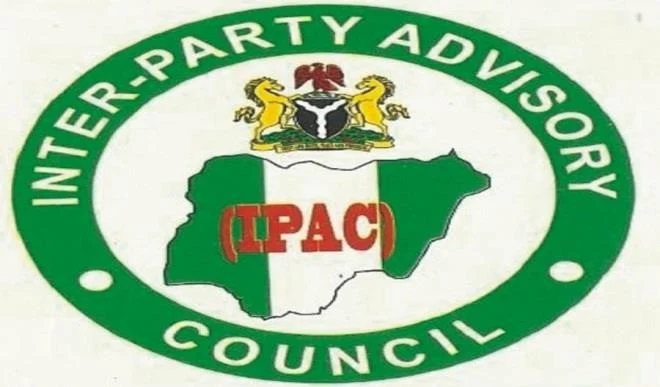Explore the Republican primary landscape, where Donald Trump leads with a commanding 60 percent nationally, and how other candidates can make strategic choices to unite behind Trump for a stronger 2024 bid.
From the moment Donald Trump announced his presidential candidacy in June 2015, he transformed the Republican Party from an establishment fixture into a dynamic grassroots force. With a successful four-year tenure driven by his America First policy agenda, Trump continues to be the undisputed leader of the GOP, leaving his competitors in the shadows. The Republican primary field has remained virtually frozen for months, and Trump maintains a substantial lead.

Trump’s Commanding Lead
Donald Trump has held a commanding lead over all Republican presidential contenders since early spring, boasting an impressive 60 percent national approval rating. The last time a candidate enjoyed such a substantial lead was George W. Bush in 2000, who secured victories in all but seven states during the primary.
Furthermore, Trump is significantly ahead in the key early states. Recent polls indicate that Trump leads his closest rival, Florida Governor Ron DeSantis, by over 30 percent in Iowa and holds a 30-point advantage in New Hampshire. Polling data in other states also reinforces Trump’s dominance, while betting odds favour Trump with a 71.2 percent chance of winning, leaving DeSantis at a distant 8.4 percent.
Most notably, Trump is the sole Republican candidate consistently competing with or surpassing President Biden both nationally and in most key swing states. GOP voters have realised that Trump is their best chance to reclaim the White House.
A Shift in Fortunes
Things were quite different at the start of the year. In January, DeSantis was the favourite in betting markets to secure the primary, with a 50.8 percent chance, while Trump lagged with only a 28.4 percent chance of winning. Polls showed a tighter race, with DeSantis leading Trump by 12 percent in a January University of New Hampshire poll. However, fast forward nine months, and UNH’s poll had Trump ahead by 26 percent, marking an astonishing 38-point swing in Trump’s favour.
Unfortunately for DeSantis, as voters have grown more acquainted with him, his numbers have steadily declined. DeSantis now faces the daunting task of reversing this trend in the two months leading up to the primary. He has pinned his hopes on winning the Hawkeye State but is already hinting that a “strong second” might suffice, despite his own pollster indicating otherwise.
Financial Challenges
DeSantis also faces financial challenges, given that his campaign recently reported a mere $5 million in cash on hand for the primary. In contrast, the Trump campaign boasts over $37 million in available funds. Former South Carolina Governor Nikki Haley and Senator Tim Scott, while having healthier campaign coffers than DeSantis, still trail behind Trump in fundraising and available cash. Scott has approximately $13.3 million in cash on hand, and Haley holds about $11.5 million.

Challenges for Scott and Haley
Scott’s struggle to gain traction is evident as his Super PAC cancelled a planned TV ad buy. Meanwhile, Haley appears to be in the strongest position among non-Trump candidates, securing second place in both New Hampshire and South Carolina, coming within single digits of DeSantis in Iowa, and intensifying her attacks on the Florida Governor. Yet, she remains significantly behind Trump.
Vivek Ramaswamy, the dynamic entrepreneur who initially made waves by running as a new-generation America First candidate, has since lost ground, falling behind in polling and public attention.
Trump’s Unwavering Support
In 2024, any candidate attempting to challenge Trump is bound to face a grim political outcome. Trump, as president, earned an approval rating of roughly 90 percent from Republican voters, a majority of whom remain staunchly loyal to him, particularly given the ongoing political persecution he faces from Democrats. No other GOP candidate can overcome this deep emotional bond.
So, why do these other candidates persist in the race? Some may genuinely believe they can win, while others may be following the advice of their high-priced campaign consultants. Some may be positioning themselves for a long game, anticipating they could become the default candidate should Trump encounter legal challenges. Others might be eyeing Cabinet positions, cable TV gigs, book deals, and higher speaking fees that come with increased name recognition. A few may simply relish their roles as anti-Trump attack dogs.
The Need for Unity
However, it’s imperative for these candidates to realise that a protracted primary primarily benefits Biden and the Democrats. Unless the dynamics of the race undergo a significant and swift transformation, Trump’s challengers are squandering valuable time and resources in their attempt to weaken Biden’s eventual opponent.
If they genuinely care about the Republican Party and the country, as they claim to, then they should consider ending their campaigns and rallying behind Trump, as Larry Elder recently did. The GOP must unite for a stronger 2024 bid and to address the nation’s pressing challenges.
The longer these candidates prolong their campaigns, the more detrimental it becomes for them, the Republican Party, and the country as a whole. By endorsing Trump now, many of them can still secure their political futures and regain the support of America First voters. It’s time to stand together behind Trump and work towards making America great again.
Monica Crowley is the Host of the Monica Crowley Podcast and served as Assistant Secretary of the Treasury from 2019 to 2021. The views expressed in this article are the writer’s own. Newsweek is committed to challenging conventional wisdom and finding connections in the search for common ground.





